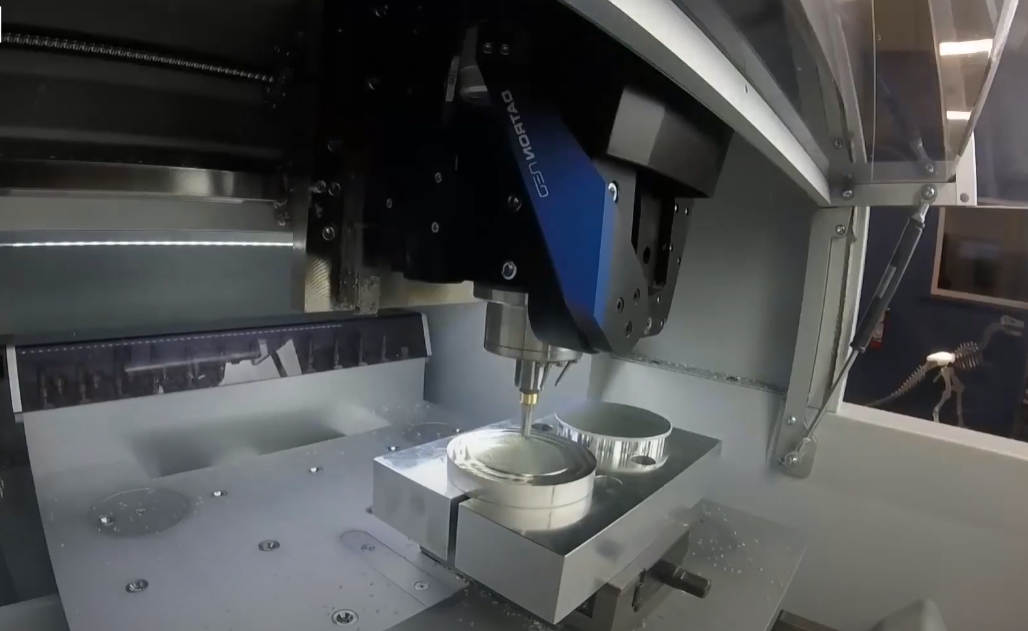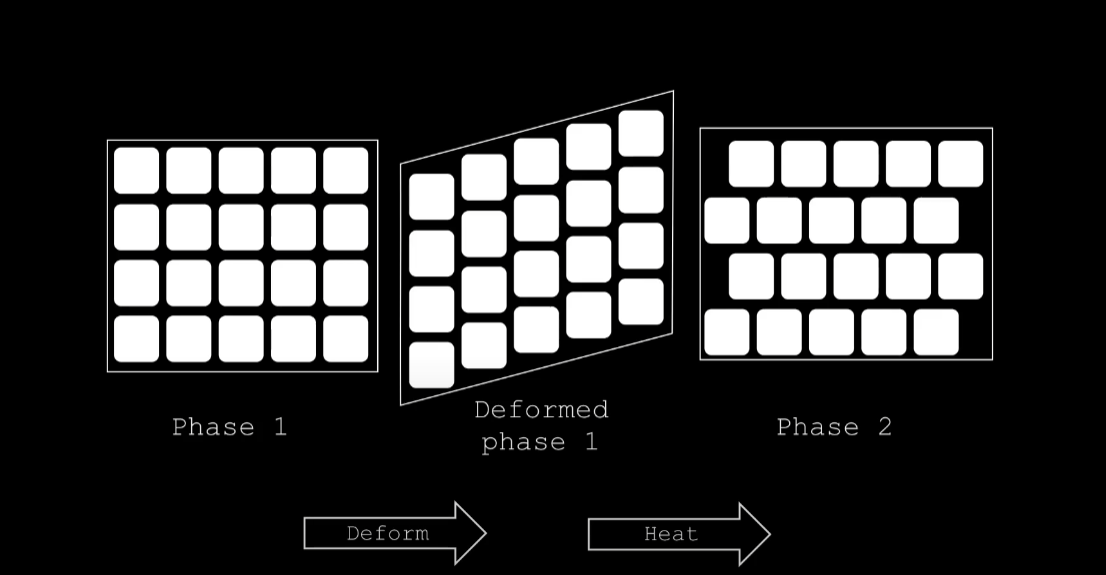Top 6 Important Aerospace Component Manufacturing Processes in 2025
 Aug 19,2024
Aug 19,2024

Aerospace manufacturing is rapidly evolving with new technologies and materials that drive the development of high-performance components. To stay competitive in this dynamic field, understanding the latest advancements in manufacturing processes is essential. In 2024, six key processes stand out, each contributing to the design, efficiency, and reliability of aerospace components.
- Precision Manufacturing for Aerospace Components
- Composite Materials and Advanced Manufacturing
- Additive Manufacturing (3D Printing)
- Advanced Materials and Composite Technologies
- Smart Materials Integration
- Digital Twin and Modeling Technologies
Precision CNC Machining for Aerospace Components
Precision CNC Machining is crucial in aerospace engineering, requiring components with tight tolerances and high reliability.

Tuofa's CNC Machining Capabilities
At Tuofa, our expertise in CNC machining allows us to meet the stringent demands of the aerospace industry. We utilize cutting-edge CNC technologies to produce components with exceptional precision and consistency. Our capabilities include:
- Material Expertise: Machining high-performance alloys like titanium, aluminum, and nickel-based superalloys.
- Advanced Machinery: Utilizing 5-axis CNC machines for complex geometries and multi-axis machining.
- Quality Assurance: Rigorous inspection processes to ensure every component meets aerospace standards.
High-Performance Alloys
| Alloy Type | Applications | Key Benefits |
|---|---|---|
| Titanium Alloys | Airframes, Engine Components | High strength-to-weight ratio, corrosion resistance |
| Nickel-Based Superalloys | Turbine Blades, Heat Exchangers | Excellent thermal stability, resistance to mechanical stress |
Composite Materials and Advanced Manufacturing
Composite materials offer significant benefits over traditional metals, such as weight reduction and improved performance.
| Composite Material | Applications | Advantages |
|---|---|---|
| Carbon Fiber-Reinforced Polymers (CFRPs) | Aircraft Structures, Spacecraft | High strength-to-weight ratio, fuel efficiency, and payload capacity |
| Self-Healing Composites | Morphing Wings, Structural Repairs | Automatic damage repair, extended component lifespan, reduced maintenance |
Additive Manufacturing (3D Printing)
Additive manufacturing is transforming aerospace production by enabling the creation of complex components with minimal waste.
Key Benefits of Additive Manufacturing
- Complex Geometries: Allows for intricate designs that traditional methods can't achieve.
- Material Efficiency: Reduces waste and cuts costs by using only the necessary material.
- Prototyping Speed: Accelerates development by enabling rapid design iterations.
| Application | Benefit |
|---|---|
| Prototyping | Fast design iteration, reduced development time |
| End-Use Components | Lightweight, consolidated parts with fewer points of failure |
Advanced Materials and Composite Technologies
Advanced materials like nanocomposites and shape memory alloys are revolutionizing aerospace manufacturing.
| Material Type | Key Properties | Applications |
|---|---|---|
| Nanocomposites | Enhanced thermal and electrical conductivity | Heat shielding, propulsion systems |
| Shape Memory Alloys (SMAs) | Ability to return to a predetermined shape | Actuators, adaptive systems |
Smart Materials Integration
Smart materials adapt to changing conditions, enhancing the functionality and durability of aerospace components.
| Smart Material | Function | Application |
|---|---|---|
| Shape Memory Alloys | Adaptive structures | Aircraft wings, engine components |
| Piezoelectric Materials | Vibration control | Sensors, stability systems |

Digital Twin and Modeling Technologies
Digital twin technology creates virtual replicas of physical systems, enabling better design, testing, and maintenance.
| Application | Benefit |
|---|---|
| Predictive Maintenance | Early detection of potential issues, reduced downtime |
| Design Optimization | Enhanced accuracy in design, faster prototyping cycles |
Conclusion
The aerospace industry in 2024 is characterized by rapid advancements in manufacturing processes, materials, and technologies. Tuofa is at the forefront of these developments, offering advanced CNC machining solutions that meet the exacting demands of the aerospace sector. By staying informed about these trends and leveraging our cutting-edge capabilities, we ensure that our clients receive the highest quality components, driving the next generation of aerospace innovation.
 Tel/WeChat:
Tel/WeChat:  Email:
Email: 
 Home
Home
 A Complete Guide To Blackened Steel. Plus How To Blacken Steel
A Complete Guide To Blackened Steel. Plus How To Blacken Steel 







